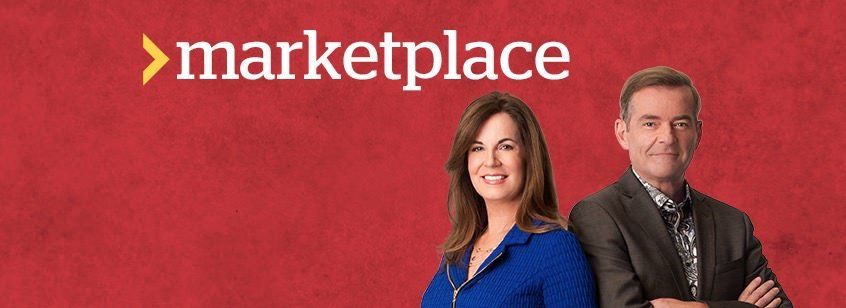Collateral Charge Mortgages at TD get “Failing Grade”
Recently CBC Marketplace went undercover to see how TD sells collateral charge mortgages. According to financial expert, they receive a failing grade for disclosure which is not surprising. Here is the video, shared from the CBC Marketplace Facebook page. Also here is the link to the entire TV episode. (in case they remove it from Facebook).
Beware of Bad Advice
Although the focus of the video is on collateral charge mortgages (which are a bad idea for most mortgage holders), the real problem is the complete lack of knowledge and disclosure we see on the part of bank reps.
What is worse… bank employees hiding the fact that TD registers their mortgages with a collateral charge or bank employees not having a clue about what a collateral charge mortgage really is?
I am a licensed mortgage professional, not a bank representative. As such I understand the intricacies of mortgage products offered by not just one lender but by multiple lending institutions. When you come to see me about a mortgage, I take the time to get to know you and make recommendations that meet your specific needs and goals.
Collateral Charge
Okay, so what is a collateral charge mortgage anyway?
A collateral charge mortgage is where the bank secures the mortgage to your property for more than what your property is worth. Supposedly they do this to give you the ability to borrow more money down the road (using your house as collateral) without having to pay for legal charges. Where in actual fact, a collateral charge limits your ability to get a better interest rate by switching to another lender when your mortgage is up for renewal. Simply put, collateral charge mortgages are harder to transfer and limit your long term options. Basically they come with a set of handcuffs.
A mortgage is simply a tool that helps you buy property, the goal should be to pay it off as quickly as possible.
So how does a product that limits your flexibility to get a better interest rate throughout the life of your mortgage help you achieve this goal? It doesn’t. And that is why in most cases a collateral charge is not in your best interest.
However the moral of the story here is not about any one specific product, it’s about where you are getting your mortgage advice from. Bankers work for the bank with the bank’s best interest in mind. As an independent mortgage professional I work for you with your best interest in mind. It’s really that simple.
If you have questions about collateral charge mortgages or any other mortgage product, I would love to talk with you. Contact me anytime!
Katherine Martin
Origin Mortgages
Phone: 1-604-454-0843
Email: kmartin@planmymortgage.ca
Fax: 1-604-454-0842
RECENT POSTS






